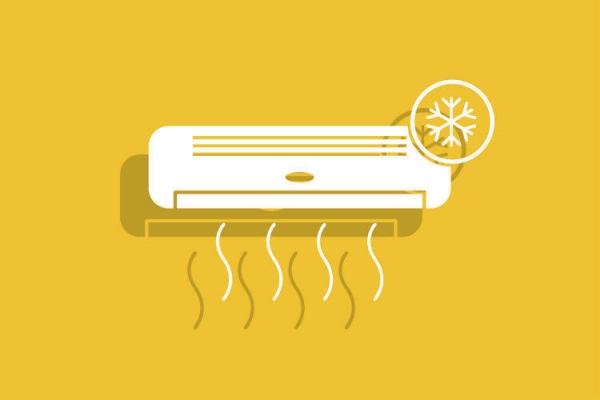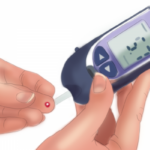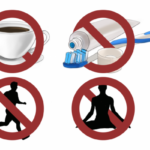 Photo: Oleksandr Yuhlchek / Shutterstock.com
Photo: Oleksandr Yuhlchek / Shutterstock.com
Good to know
31.07.2018
2018-07-31
33076
0
Marina Levicheva
Hot summer is good even if you leave only shines in the fall. Of course, in this weather it is better to spend time somewhere on the beach, however, if the office has air conditioning, I want to live a little more, right?
Air conditioning and generally one of those modern things, which seems to have no flaws. Because everything he does is creates a comfortable temperature and light, even soothing noise in the room. On the other hand, some people believe that if you constantly sit under the air conditioner, you can at least catch a cold, and as a maximum — to make something even more unpleasant.
How fair these statements, the editors of Gizmodo asked biologists and specialists in labour protection issues. The short answer is: Yes, air conditioners can harm health, but do it very rarely. The long answer is in this article where we summarized for you the most important information on the topic.
The problem — in type air conditioner
“It depends from the disease and from the air conditioner. What is the disease? What’s the conditioning? First, the “air conditioning” is a pretty broad term. Saying this, we often think of “dry” home air conditioners that do not use water and produce dry air. From the point of view of disease, it is a very difficult environment for the survival of microorganisms. They do their thing in water, so bacterial diseases in dry air conditioning excluded,” says Richard Bentham (Bentham Richard), a biologist is from Flinders University (Flinders University).
The expert explains that we are much less familiar with wet-conditioners that use water to cool the air by evaporation. Such devices, he says, are more often used in large buildings with shared air conditioning system. In this case, the bacteria really are in the proper growth and development environment. Plus, the water used for cooling warms up and distance dirt from the air outside.
“Depending on the type of bacteria and the person who is near the unit, the humid air can cause infection. A typical example legionellosis (or Legionnaires ‘ disease),” says Bentham. We are talking about a rare kind of pneumonia which is the causative agent of Legionella pneumophillia. But this, says the doctors can only happen with the extremely susceptible people in special circumstances.
Something about the Legionnaires disease
Business ecologist Arthur Frank (Arthur Frank) of Drechselschule University (Drexel University) said that Legionnaires ‘ disease is a classic example of how air can hurt people. He recalls that for the first time Legionella pneumonia was recorded in 1976 in Philadelphia among the delegates to the Convention of the American Legion: the water supply system in the hotel where they lived, contained Legionella pneumophillia, with the result that many people were ill with pneumonia and several deaths.
“But conventional room air conditioners can also cause problems, he adds. — When I was a fourth year student and came to practice, I learned about a young man with leukemia who came in. He went to the hospital with fever and suspected infection, so the doctors believed that the antibiotics will help to reduce the rising temperature. The problem was that the experts could not find the source of infection. Finally, someone went to the patient home and found out that the air conditioning system there were filled with bacteria and fungi, and fever was the answer to their impact”.
Thus, individual room air conditioners can release into the air of fungi and bacteria, but this is the exception rather than the rule.
Why is it not necessary to worry especially
“The question that really matters is: how high is the probability that you get sick from air conditioning? In 2016, the Centers for disease control and prevention reported 6100 cases of Legionnaires ‘ disease, while the country’s population is about 320 000 000 people. This suggests that the risk is quite small,” concludes business ecologist from the George Washington University (George Washington University), George gray (George Gray).
But adds that the risks in this case are distributed unevenly. And people older than 50 years, as well as current and ex-smokers, people with weakened immune systems and chronic diseases have a better chance of catching anything.

 BUY A WEBSITE
BUY A WEBSITE  BUY A WEBSITE
BUY A WEBSITE  BUY A WEBSITE
BUY A WEBSITE 








